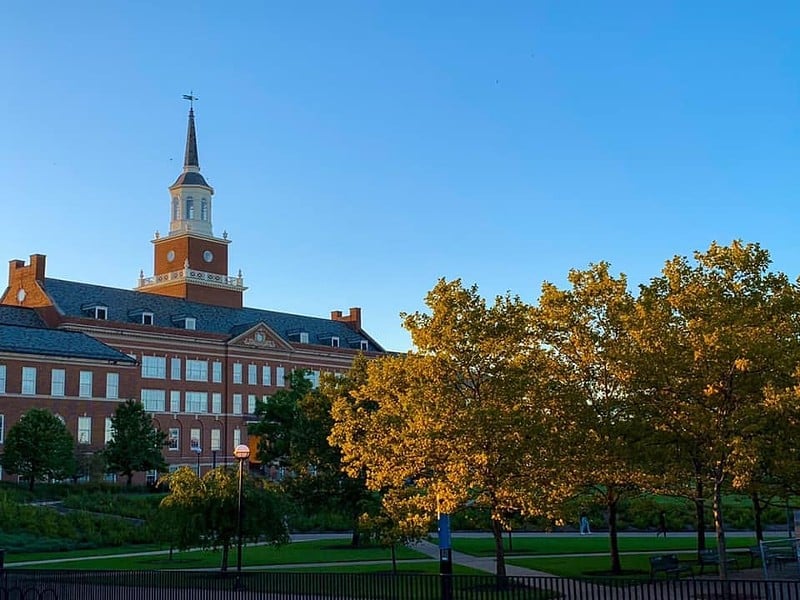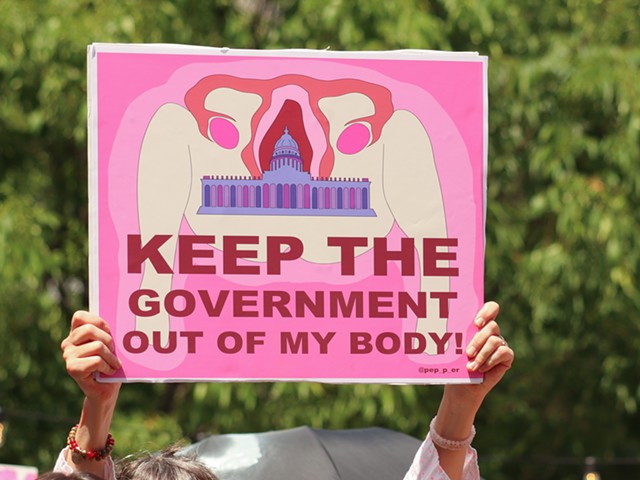
The name of a man who owned enslaved people and willed his land to the city for the creation of a college "for the education of white boys and girls" has been stricken from the University of Cincinnati campus.
On June 28, UC's Board of Trustees unanimously voted to remove Charles McMicken's moniker from buildings and other locations on campus.
UC President Neville Pinto called the decision "a pivotal next step on our journey to becoming a more diverse, inclusive and welcoming community."
"The prominence of McMicken’s name on campus, and the symbolism of exclusion it represents, is holding us back from creating and sustaining a full sense of belonging for all," he wrote in a letter addressed to the UC community.
A release from the university says the following spaces have been renamed:
- McMicken Hall will become Arts & Sciences Hall,
- McMicken Commons will become Bearcats Commons,
- McMicken Circle will become University Circle,
- and Mick & Mack’s Contemporary Café will become Bearcats Café.
In 2018, Pinto formed a working group of UC faculty, student government representatives and administrators to consider renaming McMicken Hall.
The group issued a 2019 report recommending a change, writing:
"The use of McMicken’s name has been a concern at UC for decades. His story has been passed down through students, alumni, faculty and staff of color. The segregationist views in his will, and his slave holding history, have long been thought to be the genesis of the very difficult times that African American students have experienced at UC, and symbolic of them.”The board voted unanimously to strike his name from that building in 2019.
The additional changes and complete removal of McMicken's name from UC continues Pinto's goal of positively changing "the lived experience for everyone who wants to feel a true and full sense of belonging on our campus," per his letter.
UC didn't come into existence until five years after the Civil War ended and enslaved people were emancipated. But its history goes back earlier than its official 1870 birthday — and so does its connection with America's legacy of slavery.
McMicken was a wealthy landowner in Cincinnati who also owned several plantations in Louisiana using slave labor. He fathered at least two children with those he enslaved.
Upon his death from pneumonia in 1858, McMicken's will freed his slaves and bequeathed wealth to his nieces and nephews — neglecting to leave his children anything. He also left land worth roughly $1 million to the City of Cincinnati so that a college, specifically for white boys and girls, could be established.
That land, and other provisions of his will, were held up in court for several years. The Ohio State Legislature granted Cincinnati the right to establish its municipal university 12 years later, after emancipation, and the university never expressly forbade Black students as McMicken seemed to suggest. It would take until 1886, however, for UC to see its first Black graduate, a man named Henry Malachi Griffin.
Read UC's full 2019 report on the use of McMicken's name and Pinto's message at uc.edu.Nick Swartsell contributed reporting to this story.
Stay connected with CityBeat. Subscribe to our newsletters, and follow us on Facebook, Instagram, Twitter, Google News, Apple News and Reddit.
Send CityBeat a news or story tip or submit a calendar event.





